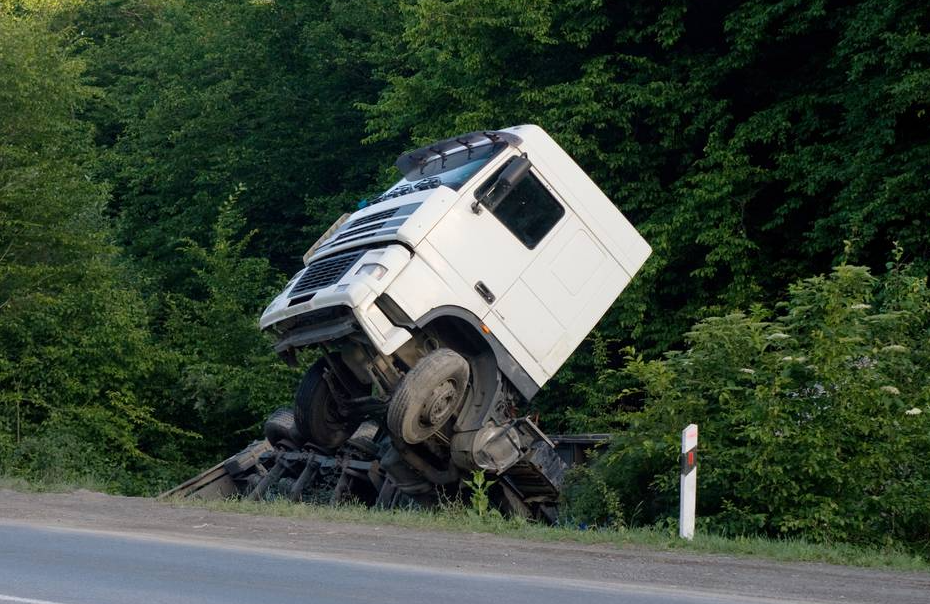Why Truck Accident Claims Are a Different Beast in Californiaa
A collision involving a large commercial truck is one of the most devastating events that can happen on a California freeway. The sheer physics of the situation a multi-tonne vehicle colliding with a standard passenger car—means the consequences are often catastrophic. Legally, the aftermath is just as different. A truck accident claim is not just a bigger car accident claim; it is a fundamentally more complex legal challenge that involves multiple parties, intricate regulations, and aggressive corporate opponents.
The Severity of Injuries and Damages
The immense size and weight difference between a commercial truck and a passenger vehicle means that injuries are often severe and life-altering. This includes:
- Traumatic brain injuries (TBIs)
- Spinal cord injuries and paralysis
- Amputations
- Severe burns
- Wrongful death
Because the injuries are so severe, the financial stakes are much higher. A claim must account not just for initial medical bills, but for a lifetime of future medical care, lost earning capacity, and immense pain and suffering.
The Multiple Liable Parties
In a typical car accident, your claim is usually against one other driver. In a truck accident, there can be a long list of potentially at-fault parties, and a thorough investigation is needed to determine who is liable. These parties can include:
- The Truck Driver: Was the driver fatigued, distracted, intoxicated, or speeding?
- The Trucking Company: Did the company fail to properly train the driver, pressure them to violate safety rules, or neglect to perform background checks?
- The Truck’s Owner: If the truck is owned by a separate leasing company, they may also be liable.
- The Company that Loaded the Cargo: If the cargo was improperly loaded or secured, causing the truck to become unstable, that company could be at fault.
- The Truck or Parts Manufacturer: Was there a defect in the truck’s brakes, tires, or steering that contributed to the crash?
Identifying all liable parties is critical to ensuring you can recover the full compensation you deserve.
The Complex Federal and State Regulations
The trucking industry is heavily regulated by a complex web of both federal laws from the Federal Motor Carrier Safety Administration (FMCSA) and specific California state laws. These rules govern everything, including:
- Hours of Service: Strict limits on how long a driver can be on the road without rest.
- Vehicle Maintenance: Mandatory inspection and maintenance schedules.
- Driver Qualifications and Drug/Alcohol Testing.
- Weight and Cargo Securement.
A key part of a truck accident investigation is determining if the driver or the trucking company violated any of these critical safety regulations.
The Aggressive Response from Trucking Companies
Large trucking companies and their insurance providers are not amateur opponents. They often have “rapid response teams” of investigators, accident reconstructionists, and lawyers on call 24/7. These teams are often dispatched to the scene of a serious accident immediately to begin gathering evidence, talking to witnesses, and building a defense to protect the company’s financial interests.
An unrepresented victim is at an immediate and significant disadvantage when facing this kind of aggressive, corporate-level response.
Conclusion
Due to the catastrophic injuries, the multiple potential defendants, the complex web of regulations, and the aggressive tactics of corporate opponents, a truck accident claim is a highly specialized and challenging area of law. Navigating this process requires expert professional guidance from a lawyer with specific experience in handling these complex cases.

